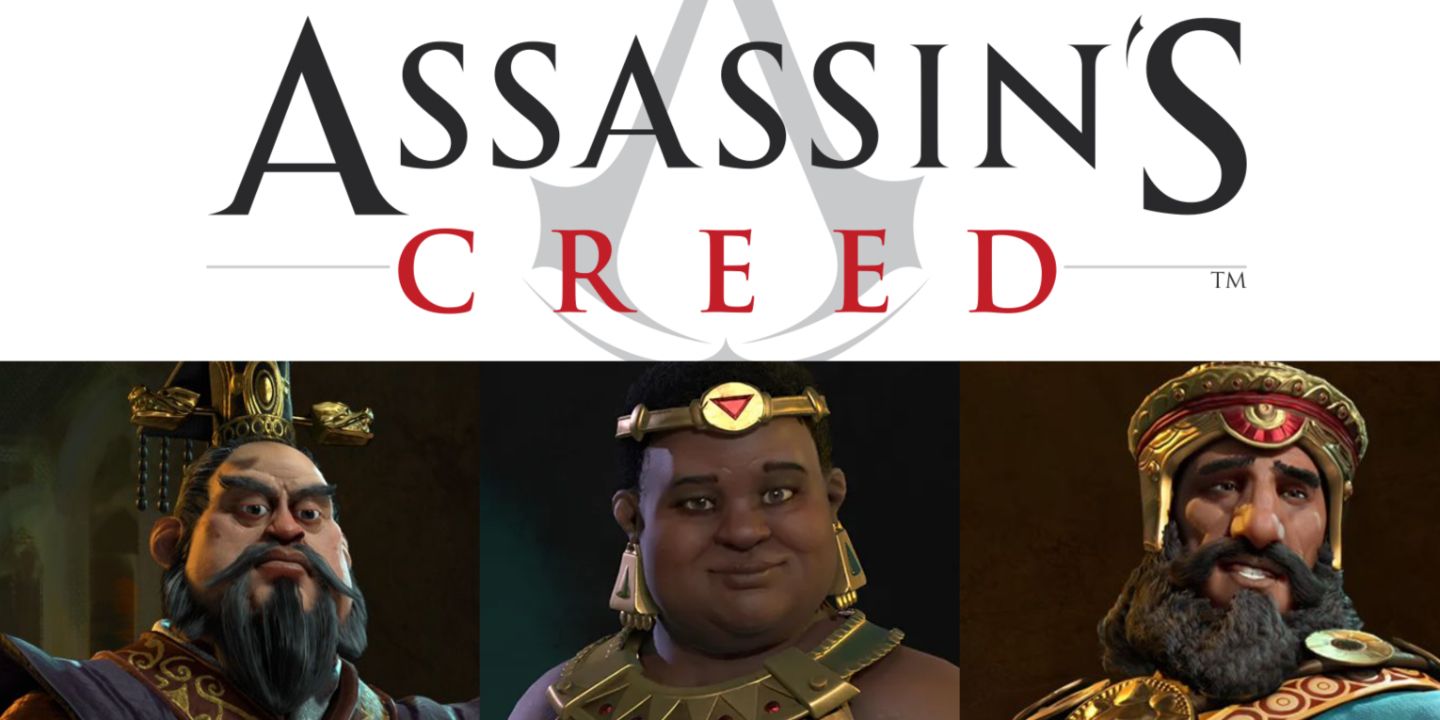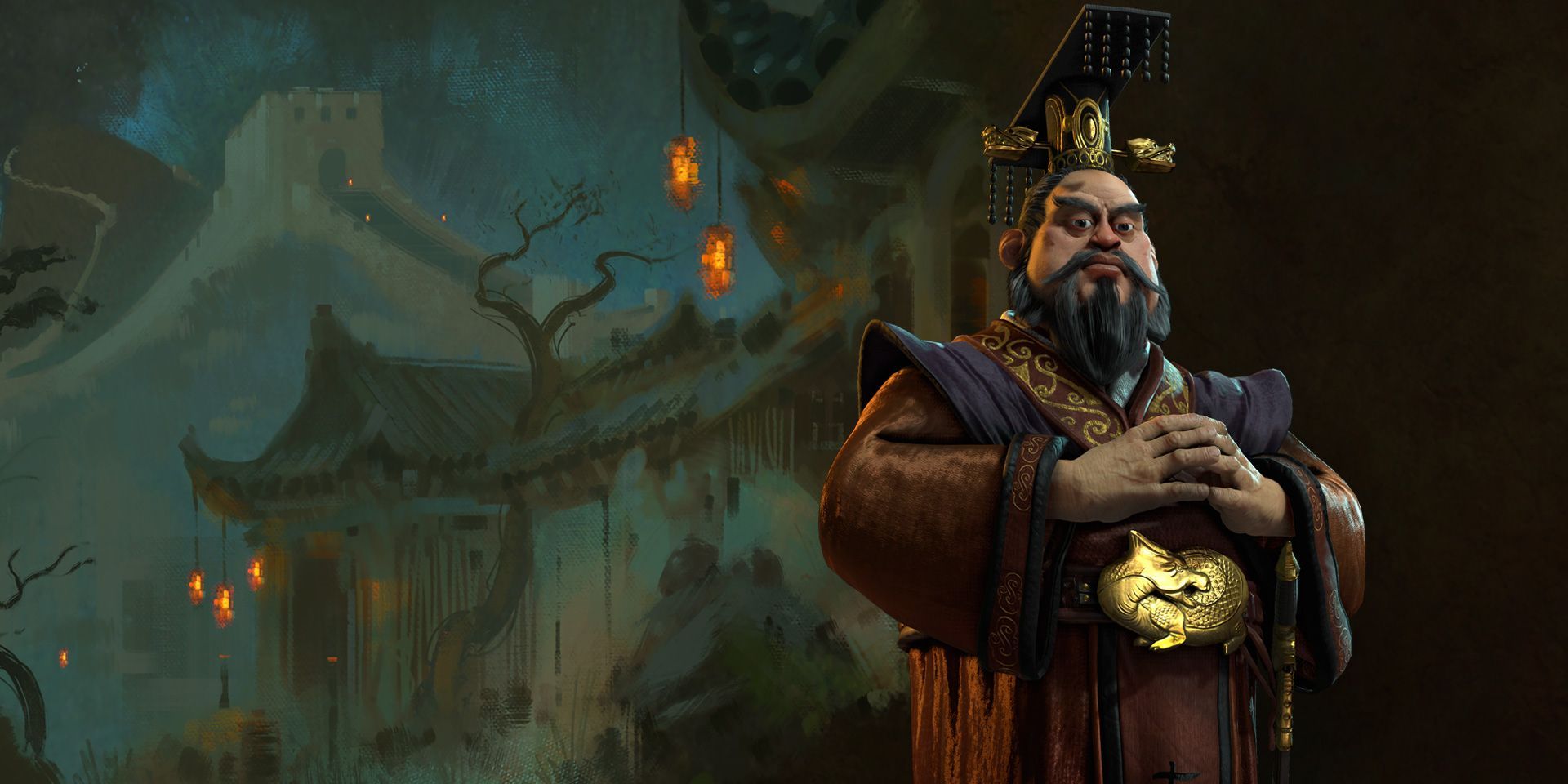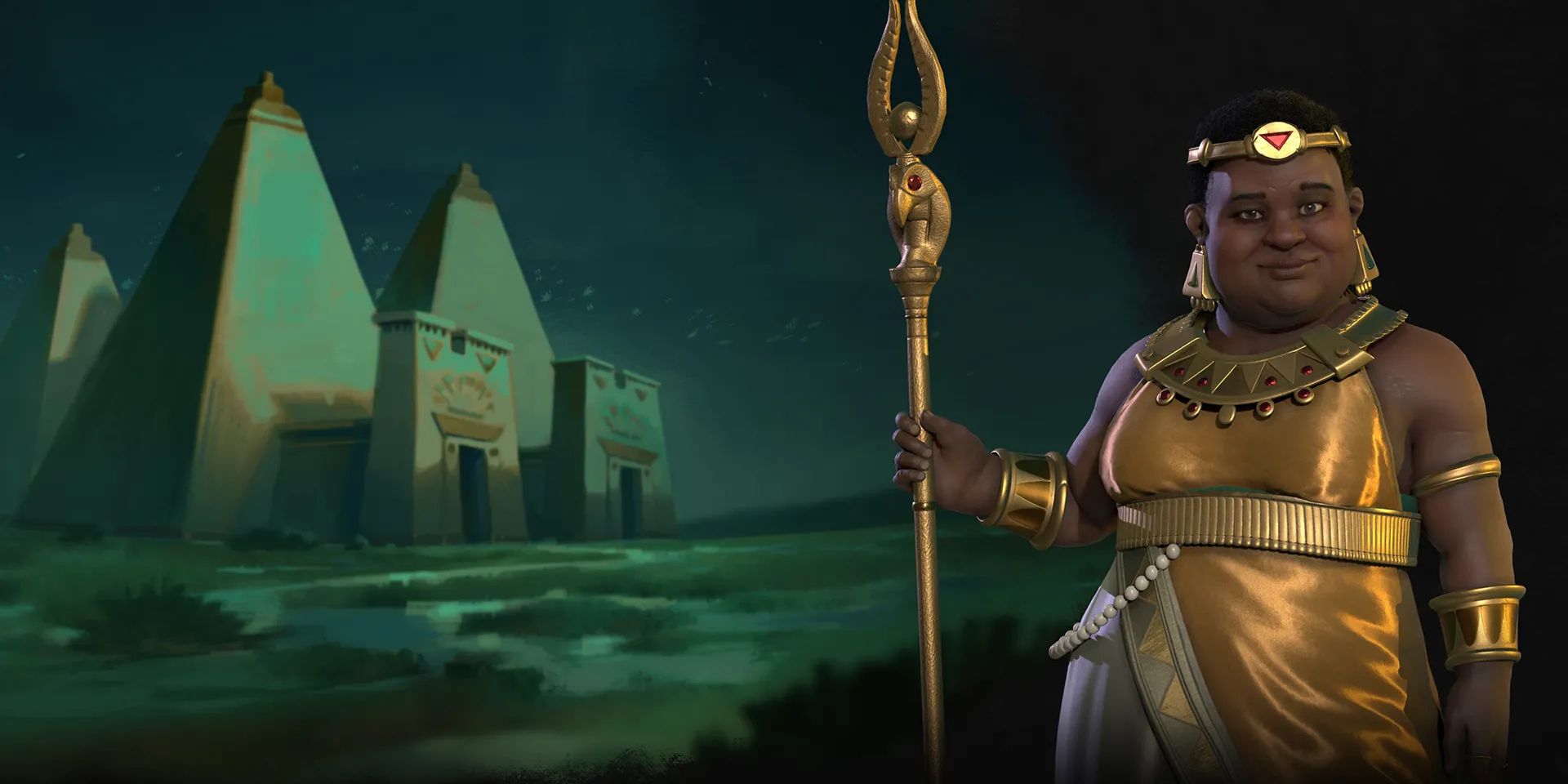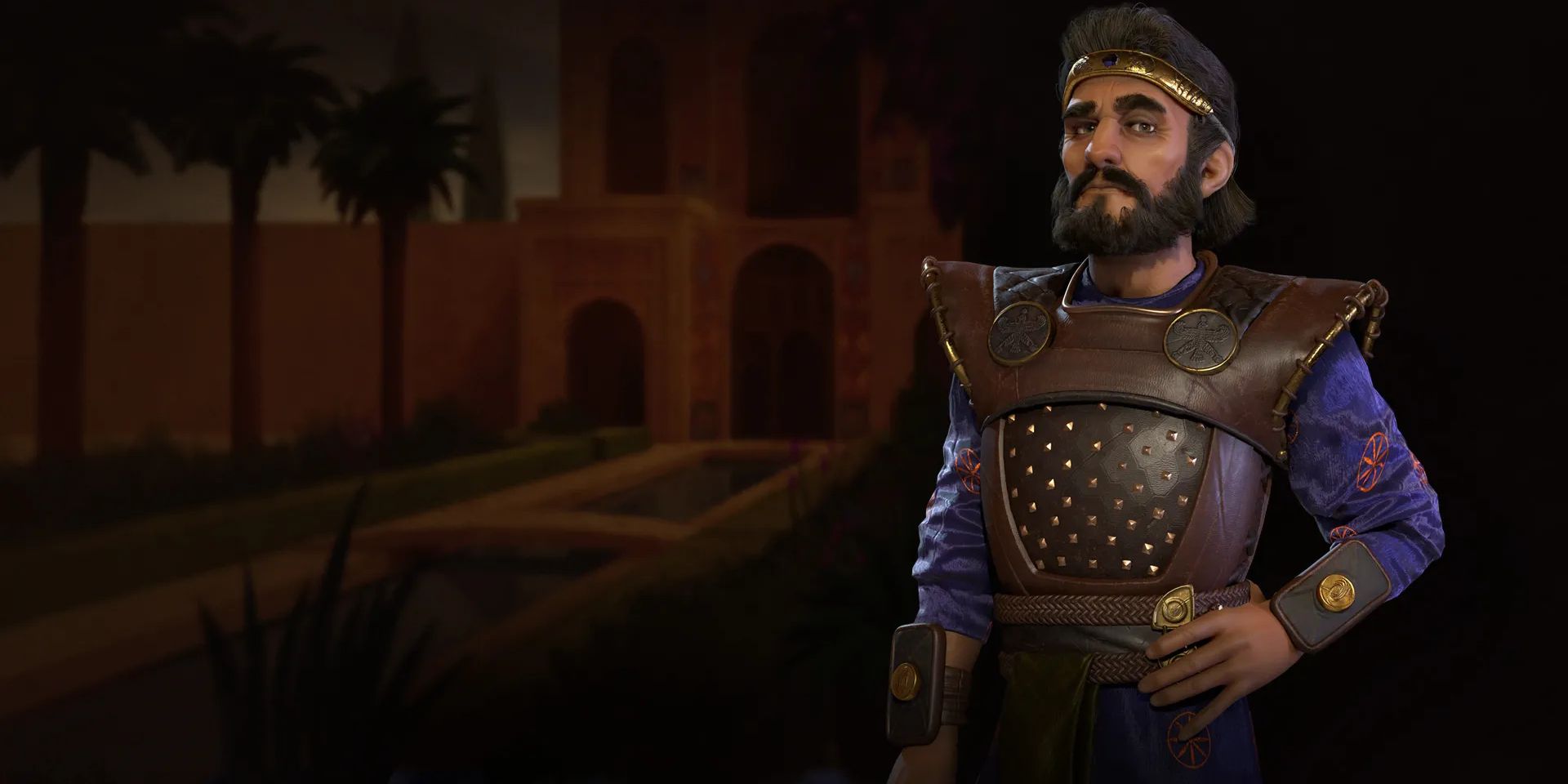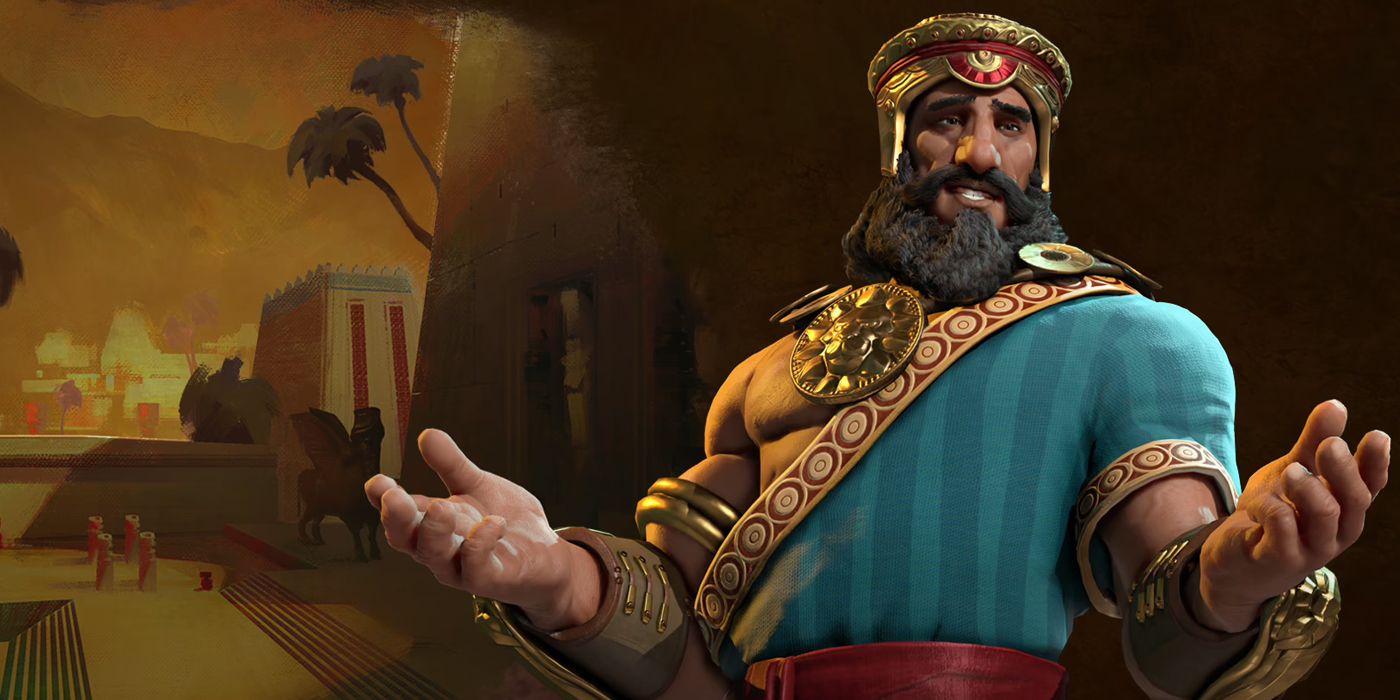The Assassin's Creed series has become well-known for its detailed reconstructions of historical settings. The games have explored a wide variety of eras including the Middle Ages (I, Valhalla, Mirage), the renaissance (II, Brotherhood, Revelations), Colonial America (III, Liberation, Black Flag, Rogue) and the industrial revolution (Syndicate). But there are still eras that remain untouched. One such area is the Ancient World, a period usually understood to have begun somewhere around the Bronze Age and ended with the fall of the Roman Empire.
So far, only two games have tackled this period of history. The first was Origins, set in Ptolemaic Egypt. Odyssey, set at the peak of Ancient Greece during the Peloponnesian War, marks the furthest back in time the series has currently gone. Starting with Valhalla, the series seems to be focusing its attention on Medieval settings for now, which is not necessarily a bad thing. However, the ancient world has many great opportunities that could make some incredible games.
5 The Rule Of Alexander the Great
As heir to the Macedonian throne, Alexander was an ambitious man. When he became king (possibly by murdering his own father), he began an aggressive military campaign against his neighbors. He managed to conquer Persia, which had a history of wars with Greece, and even installed himself as Pharoah of Egypt. Ultimately, however, Alexander was a victim of his own success. He never knew when to stop, and always wanted to keep expanding. Eventually his own soldiers started to turn on him. His biggest mistake was failing to provide a succession plan, a choice which led to a power vacuum and the empire's collapse after his sudden death at age 32.
Alexander was brought up in Assassin's Creed Origins, despite it being set 274 years after his death. A major plot point involved uncovering Alexander's tomb, where it was implied he had access to at least one Isu artifact. But there could be some interesting potential to a game actually set during his reign. Alexander's warmongering nature would make him a fitting antagonist. Although a full-scale open world set across Alexander's empire would be impressive, just one of the many places he conquered could make a good setting.
Another option would be to do a game set after Alexander's death, and the subsequent chaos that came from his failure to name an heir. Without a clear course of action, his empire quickly began turning on itself trying to gain control. The idea of the player being caught in a civil war amidst the decaying ruins of Alexander's empire might also make an interesting story.
4 Ancient China
Ancient Chinese history goes back at least as far as 1250 BCE with the Shang Dynasty, but it was the rise of Qin Shi Huang and his conquest over warring states that solidified it as a major power. Over time, they would produce significant inventions, like paper and the compass. They were even making gunpowder centuries before anyone knew what a gun was. A game set in Ancient China would have a spectacular environment to explore and some major landmarks with which to engage in standard Assassin's Creed parkour. The most obvious would have to be getting to climb the famous Great Wall, but climbing over palaces and navigating the iconic Terracotta army would also be exciting.
There are several different options when it comes to picking an Ancient Chinese setting, and lots of influential historical figures to pick from. Just the potential emperors and dynasties to feature could be a list of its own, but some notable examples include Qin Shi Huang and the one female ruler, Wu Zetian. Depending on when the game is set, it could also take a page from Odyssey and include some influential Chinese philosophers like Confucius, or the legendary Sun Tzu.
3 The Kush Empire
Nubia was home to many Kingdoms, but what really established it as a civilization was the rise of Kush, a powerful empire whose history would become intertwined with that of their neighbors in Egypt. Relations between the two civilizations fluctuated between lucrative trading and bloody conquests. Kush was briefly conquered by Thutmose III, but it later went on to conquer Egypt and install its own dynasty of Pharaohs. Kush actually proved strong enough to resist invasions by the Assyrian, Persian, and Roman Empires, and outlasted Egypt significantly. This makes it unfortunate that its legacy has been largely overshadowed by Egypt. But that might be to the advantage of an Assassin's Creed game.
Naturally, there is lots of history to choose from. Kush was ruled by several kings and queens, and it had its share of enemies. An Assassin's Creed game could look into any of the invasions experienced by Nubia or its efforts at external conquest. Depending on exactly which time period was chosen, its connections to Egypt could also offer room to tie into the events of Origins while still offering a new and distinct setting.
2 The Persian Empire
Long before Rome, it was the Persians who built an empire across the known world. Today, the Persian Empire is probably best known for its frequent clashing with Greece, and its famous battle against Leonidas and his 300 Spartans at Thermopylae. This event was depicted in Assassin's Creed Odyssey, but most fans are only used to the Greek perspective. The Persian Empire had a long history spanning over two hundred years, not all of which were as brutal and violent as they are often made out to be.
Odyssey may have provided a possible opening for such a game, with the reveal that the Cult of Kosmos intended for Persia to win at Thermopylae only to be defied by Leonidas. This suggests a possible connection to Xerxes I, who might be either backed by the cult or a member himself. The other big one would be Cyrus the Great, the founder of the Persian empire and a man that might give the assassins some mixed feelings. Either way, there is a whole piece of history here of which the surface has barely been scratched.
1 Sumeria
Located in what is now southern Iraq, Sumeria marks the earliest known human civilization, and it made a huge splash on the ancient world. Some notable inventions of theirs include the wheel, the plow, and beer, but their most widely-recognized accomplishment was the first known written language. This is literally the furthest back in time an Assassin's Creed game could go without entering the Stone Age or the Isu civilization.
A game set in Sumeria would practically be going back to the beginning of everything. Additionally, it would allow the player to climb ziggurats, early pyramid-shaped structures commonly found in Sumerian cities. This game could also work with multiple formats. While a vast open world set across Sumer would be cool, even just one of its many cities could make for an engaging map.
There are a number of historical Sumerian kings who would be cool to see brought to life. The most iconic is perhaps Gilgamesh, who was later mythologized in the famous epic poem. Another figure of note is the first recorded female poet, Enheduanna. But a great point for a story might be the conquests of Sargon the Great — a good antagonist for a proto-Order of the Ancients/Cult of Kosmos-esque faction. The player could be part of a resistance movement seeking to liberate Sumer from his grip.

